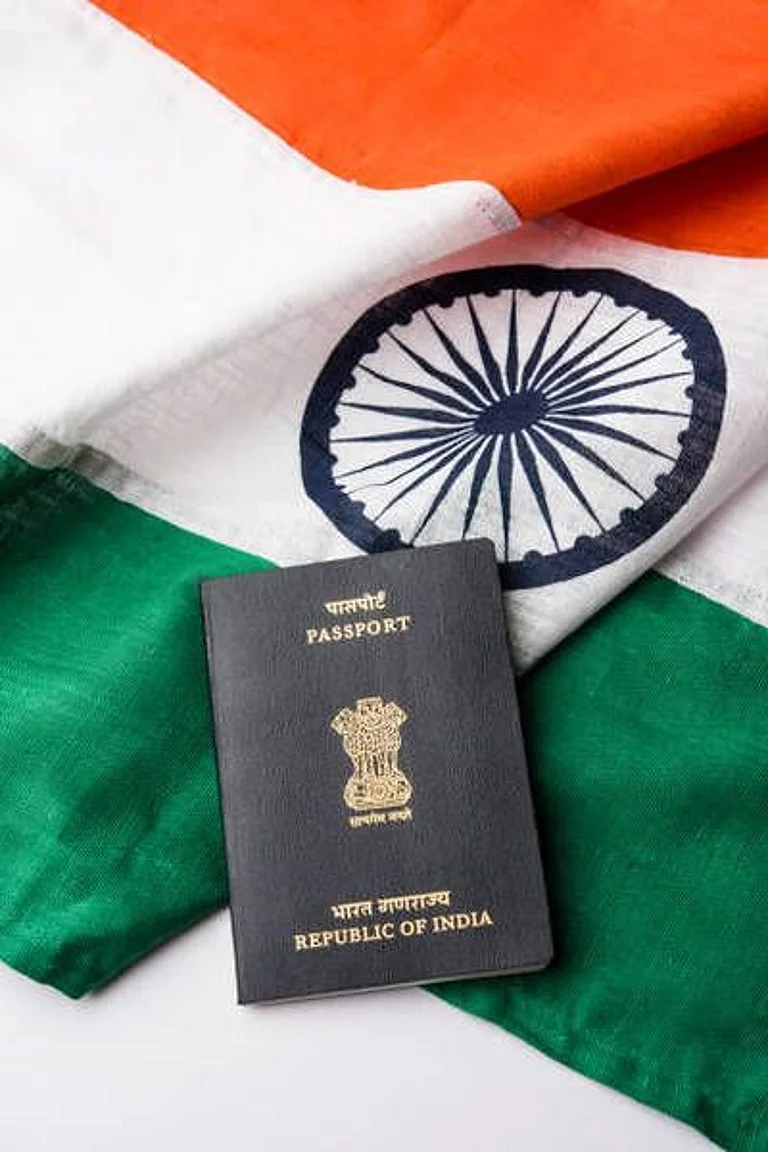From the Pandora Papers and Panama Papers uncovering the hidden tax havens of the affluent to the Hindenburg report, on the domestic front, exposing a web of offshore companies. A relentless series of revelations has laid bare the 'web of bucks' woven by the wealthy.
And if that wasn't enough, a recent investigative report by the ICIJ (International Consortium of Investigative Journalism) has peeled back the layers of Cyprus's financial industry in the latest 'Cyprus Confidential' investigation, exposing its role as a sanctuary for Russian oligarchs and other affluent Indians like Vinod Adani trying to safeguard their assets from regulatory eyes.
What is Cyprus Confidential?
More than 270 journalists and 69 media organizations from 55 countries collaborated in the Cyprus Confidential investigation to plumb the depths of a substantial cache of leaked documents originating from companies overseeing shell entities in Cyprus and other jurisdictions often selected for their confidentiality. The major highlight of the papers was perhaps the revelation of the unconventional protocols in which global networks based in Cyprus shielded Russian business figures from legalities.
The Indian Express, in collaboration with the ICIJ, reported that 66 Indians had secured Cyprus passports within a timeframe ranging from three months to a year, leveraging the 'golden passport' scheme, during the last decade. Prominent individuals such as Vinod Adani, sibling of Gautam Adani, Industrialist Pankaj Oswal, and Nesamanimaran Muthu, former chairman of Tamilnad Mercantile Bank Limited, are among the many figures disclosed to have obtained Cyprus passports.
Often granted to investors in exchange for a financial contribution, the citizenship scheme hints at crony capitalism, revealing a mutual link between Indian investors acquiring Cypriot citizenship via the Golden Passport scheme, prominent businesses leveraging favorable tax conditions, and the potential inflow of Foreign Direct Investment (FDI) benefiting the government.
Besides information on Indian investors who became Cypriot nationals, the investigation also has documents relating to international entities set up by leading business houses leveraging the liberal tax regime in the island country.
What are the key highlights
Unveiling a network of companies established in Cyprus as a tax haven by influential global rich, the Cyprus Confidential investigation encompasses 3.6 million documents in English and Greek. What turned out to be even more intriguing was the disclosure unveiling India's intricate control over offshore entities, directing financial decisions from within its borders.
The investigation also revealed a covert industry involving Russia's elite. Data suggests that Cyprus service providers facilitated the transfer of hundreds of millions for wealthy individuals, particularly during EU sanctions following Moscow's Ukraine invasion. Cyprus clearly played a significant role in high-stakes financial transactions amid geopolitical events resulting in international tensions.
Cypriot firms were involved in supporting Russians who were blacklisted by the United States and the European Union. These firms assisted in hiding their assets and bypassing sanctions, which included the establishment of offshore companies, the opening of bank accounts, and the facilitation of fund transfers.
As per some reports, the investigation also revealed monetary trades by arms dealers and cyber espionage firms, a Russian oligarch's secretive funding of a flattering Putin biography, and a company allegedly linked to the payment of the assassin of Croatian journalist Ivo Pukanic.
Why it has triggered controversy?
Recently Congress leader Rahul Gandhi criticized the government in light of the Cyprus Confidential revelations. Gandhi questioned the departure of Indian businessmen and NRIs to Cyprus, stating that the 'Golden Passport' seemed to offer a chance to misuse public funds, establish shell companies, and spend abroad.
The Papers highlighted that many offshore companies in Cyprus are employed for tax evasion and other illegal activities. This has eventually led to a demand for stricter regulation of the offshore industry.
While the controversy centers on Cyprus being a refuge for the Russian elite and other wealthy individuals evading regulatory scrutiny, India's influential role in controlling transactions raises concerns about the 'golden passport' scheme, hinting at a nexus between Indian investors, favorable tax conditions, and potential Foreign Direct Investment. The leak intensifies global scrutiny of offshore companies, highlighting concerns about the complicity of banks and financial institutions in facilitating tax evasion and money laundering.
Despite Cyprus' assurances to take action and enhance controls in its financial sectors, a historical trail of investigations and reports reveals a concerning pattern, that the financial offenses of the elite are frequently met with leniency. The present lack of accountability is often overshadowed by the promises of future commitment.
































